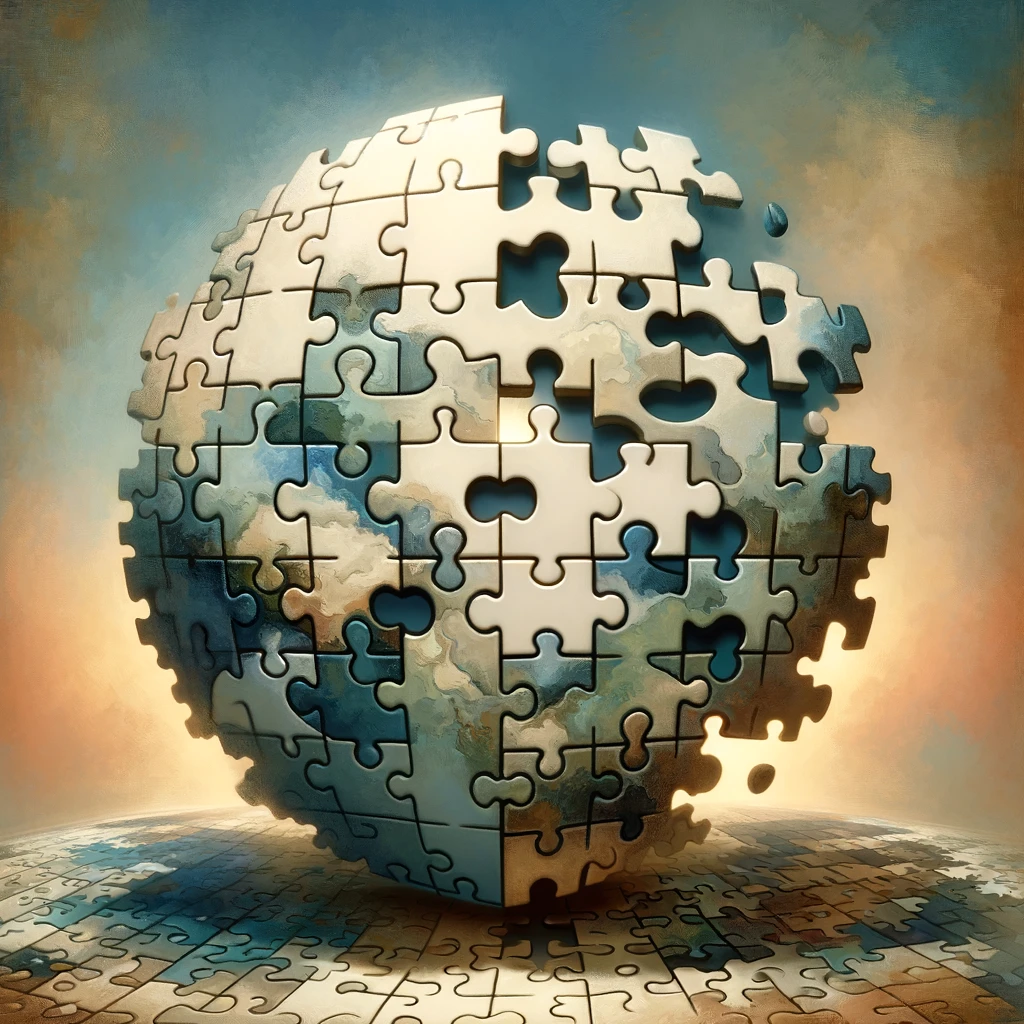In recent years, there’s been a growing trend among American youth to express solidarity with various global causes, often driven by a genuine desire to advocate for justice and human rights. However, this noble intent can sometimes lead to oversimplified perspectives, particularly when it comes to complex geopolitical issues. A case in point is the stance some young Americans take regarding Hamas and the Israeli-Palestinian conflict.
Hamas, designated as a terrorist organization by the United States and several other countries, plays a significant role in the Israeli-Palestinian conflict, a deeply intricate and long-standing issue. The concern arises when individuals, particularly young Americans, express unwavering support for Hamas without a comprehensive understanding of the historical and political context.
This phenomenon isn’t unique to the issue of Hamas; it reflects a broader challenge in how we engage with complex global issues in the digital age. The influx of information, coupled with the echo chambers of social media, can lead to a superficial understanding of intricate matters. In the case of Hamas and the Israeli-Palestinian conflict, it’s crucial to recognize the layers and divergent narratives that have shaped this prolonged struggle.
Moreover, the tendency to take sides without a thorough examination of the facts can inadvertently oversimplify the plight of those affected by the conflict. It risks reducing a multifaceted historical dispute to a binary narrative, ignoring the nuances and the voices of those directly involved.
This isn’t to say that American youth shouldn’t engage with global issues or express solidarity with causes they believe in. Rather, it’s a call for a more informed, nuanced approach. Engaging with a range of perspectives, seeking out comprehensive historical contexts, and understanding the complexities of political landscapes are crucial steps in forming well-rounded opinions.
In conclusion, while the enthusiasm and activism of youth are vital in shaping a more just world, it’s equally important to approach complex issues like the Israeli-Palestinian conflict with a depth of understanding and an acknowledgment of their intricacies. As global citizens, our advocacy will be most effective when it’s informed, empathetic, and nuanced.
